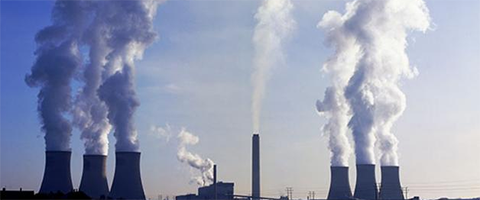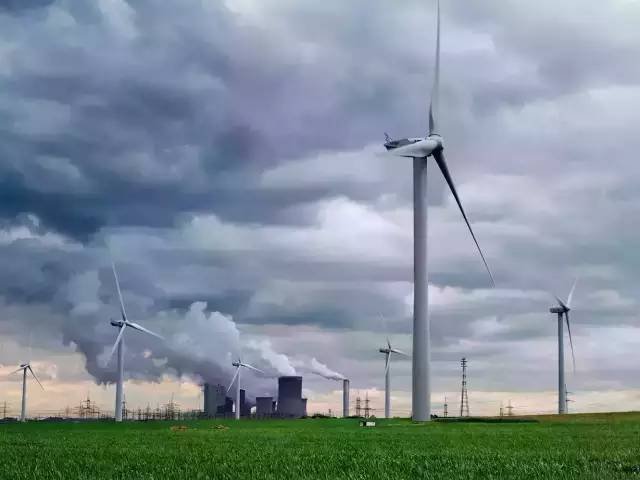In terms of energy transition, China's wind and solar energy have achieved rapid growth in the deployment of renewable energy. China has raised its 2020 renewable energy target to 250 GW of wind energy and 150-200 GW of solar energy. Due to overcapacity in the power industry and major heavy industries, the Chinese government has banned the construction of new coal-fired plants, and by 2020, the cumulative installed capacity of coal-fired power will be limited to 1,100 GW. All of the above plans demonstrate China's determination to achieve its goals of energy transition. However, some important issues, such as the business challenges caused by the decommissioning of coal-fired power plants, and the increase in healthcare costs caused by fossil fuel production and consumption, have not recieved sufficient attention.
From the view of regional development, China has shown its desire to share experiences of energy transition with neighboring countries. In this content, China's experience in energy transition can be shared as a case for other Asian countries, such as South Asia and Southeast Asia. Policy experiences in Japan and South Korea can also be included in the discussion. We note that in the discussion of energy policies, there is a lack of cooperation and exchanges between civil society organizations (CSOs), especially think tanks in the region. Therefore, ETCP Project will establish a regional policy discussion platform that includes CSOs and think tanks to ptomote more transparent and inclusive policy discussions on energy transition.













